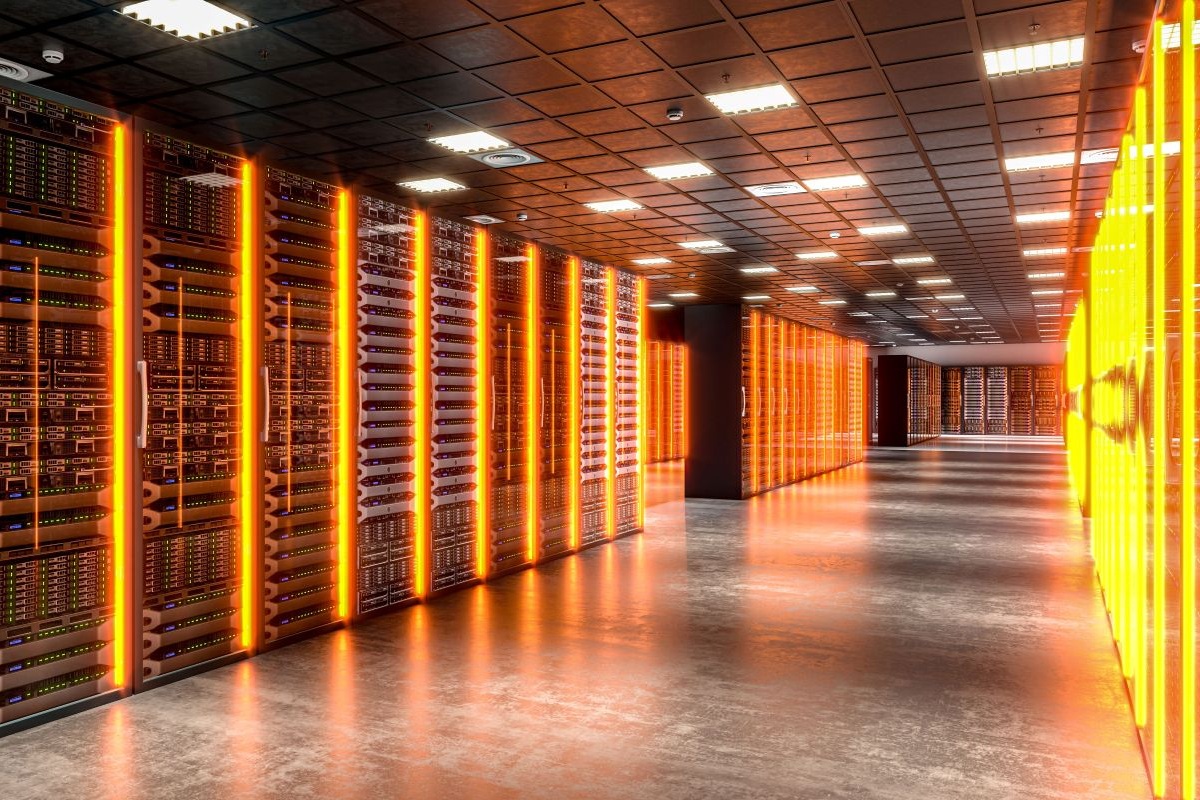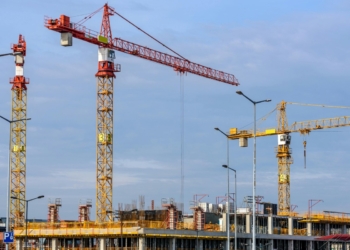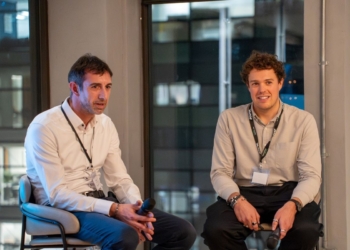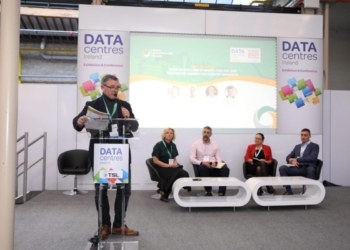Data centre demand to drive decentralised energy uptake
Author: Simon Rowley

Following the news that global electricity demand from data centres will more than double by 2030, Aggreko is encouraging operators to navigate inevitable grid strain by adopting scalable decentralised energy solutions and leveraging third-party expertise within the supply chain.
A recent report from the International Energy Agency (IEA) has revealed that by the close of the decade, data centres could consume 945TWh of electricity each year – three times more than current demand for the entire UK.
The rise in demand, primarily driven by the rapid adoption of AI, is set to place further pressure on European power grid capacity. This has prompted data centre owners and managers to reassess strategies to ensure cost efficiency, resilience and operational stability.
With countries across the continent already experiencing major grid connection delays, Aggreko believes that decentralised energy provision could be a potential solution.
In its latest whitepaper, Bridging the Energy Gap for European Data Centres, Aggreko reveals how on-site power generation can overcome delays and accelerate decarbonisation efforts. The challenge of procuring suitable equipment, however, may discourage companies from investing in permanent solutions.
Billy Durie, Global Sector Head for Data Centres at Aggreko, says, “Grid connection delays are now a common concern in both Tier 1 and Tier 2 markets, with demand consistently outweighing supply. Without a solution, projects across Europe risk stalling, which can in turn lead to fines, reputational damage and a host of operational issues.
“Decentralised energy provisions are already proving key to overcoming delays, but specifying the correct equipment, such as Stage V generators and Battery Energy Storage Systems (BESS) presents several additional obstacles. As high energy prices, for instance, continue to strain the industry, inefficient utility equipment will further harm financial bottom lines.”
To overcome these challenges, Aggreko is advising data centre operators to leverage third-party expertise within the supply chain to stay clued up on the latest developments and adaptable to evolving requirements in the industry. It is important that suppliers can rapidly deploy the latest energy-efficient and scalable technologies on a hire basis to meet urgent site needs.
In addition to this, advanced energy management systems can provide real-time monitoring and optimisation of energy usage, alongside the use of predictive analytics to further empower operators to make informed decisions around equipment procurement.
Billy continues, “Integrating these solutions from the design phase through to full operation enables stakeholders to avoid potential disruptions while enhancing site resilience. Decision-makers are recommended to consider the long-term strategic benefits of decentralised energy equipment here, especially given the overarching pressure to decarbonise grids.
“With the AI revolution taking centre stage, the industry must avoid reversing progress made in recent years towards the clean energy transition. As a result, collaboration in this area will be essential if stakeholders are to remain on track with net zero decarbonisation targets while navigating grid strain and connection challenges.”
“By sharing expertise and resources, operators and utility solution providers can uncover solutions to the pressures affecting the European data centre market. Embracing these strategies can ensure a sustainable, resilient and profitable future.”
Read Aggreko’s latest whitepaper, Bridging the Energy Gap for European Data Centres, by clicking here.
For more from Aggreko, click here.








